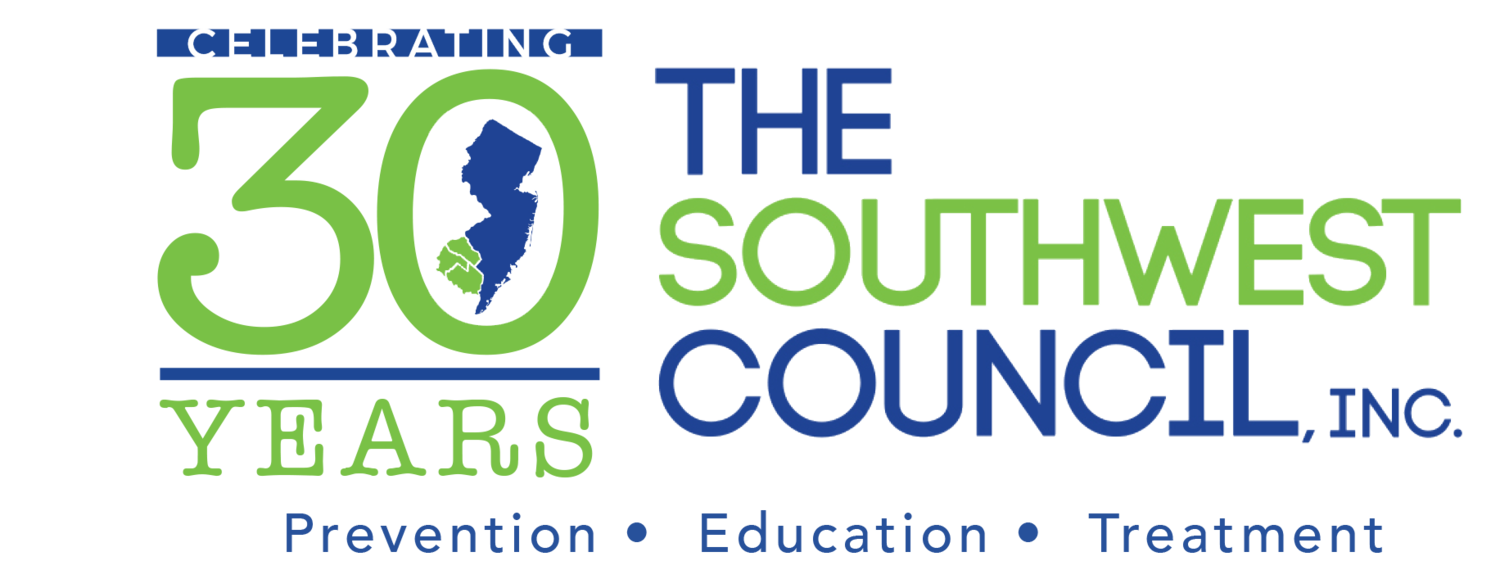by: Alan Kagan
You know the old saying, “Idle hands are the devil’s playthings”?
Well, I bet you didn’t know this 15th century line refers to act of hand washing, and when lacking it can lead to the spread of viruses and other illness, like that of the Bubonic Plague.
Okay, okay, so I made the last part up.
“Idle hands are the devils playthings” has nothing to do hand washing.
And the bubonic plague? Spread by infected fleas.
Not properly washing your hands can lead to illness? Now that is a fact.
Proper and effective hygiene and its role in fighting the spread of viruses are as clear and evident now as it’s ever been.
Turn on the news and in between the segments, ‘headcounts of citizens battling COVID-19 complications’ and ‘lack of N95 masks and surgical gloves at hospitals’, doctors and other medical personnel are addressing (and stressing) the importance of proper hygiene.
Yes, we were all taught how to wash our hands.
Yes, we were all taught to cover our mouth when we sneeze or cough.
But do we really (really) know how to wash our hands, and the proper etiquette for sneezing and coughing?
Before COVID-19, did you put a little soap in your hands, scrub them around a bit in the time it’d take you to blink twice, rinse, and that’s it?
Before COVID-19, did you wash or sanitize your hands EVERY time you handled money?
Before COVID-19, did you use your hand to cover your sneeze or cough?
Before COVID-19, did you wash or sanitize your hands after said ‘sneeze or cough’?
According to the website Healthline, “The average sneeze or cough can send around 100,000 contagious germs into the air at speeds up to 100 miles per hour. These germs can carry viruses, such as influenza, and others which cause the common cold.” According to the CDC, it is also how Coronavirus is most commonly spread.
If anything, this outbreak of COVID19 should have us all reflecting of on our own hygiene etiquette, and if there is something we can change immediately to help prevent the spread of dangerous viruses in the future.
Anyone can wash their hands with soap and water, but it’s how you wash them that’s most important. As mentioned earlier, adding some soap, quickly rubbing your hands together and rinsing will surely help, but if you want to maximize your chance of ridding yourself of those germs, follow these steps as written on the CDC’s website:
Wet your hands with clean, running water and apply soap.
Lather your hands by rubbing them together with the soap. Make sure you focus on backs of your hands, between your fingers, and under your nails.
Scrub your hands for at least 20 seconds. Need a timer? Hum the “Happy Birthday” song from beginning to end twice.
Rinse your hands well under clean, running water.
Dry your hands using a clean towel or air dry.
“Scrub” is written in italics, as the act is just as important to hand washing as the soap is. When you scrub your hands, the germs are loosened so that they can be rinsed off afterwards.
Now that we’ve discussed proper hand washing (especially with people sneezing and coughing everywhere) we can focus on the correct way to COVER your mouth! I get it, a sneeze is coming and instinctually you raise your hand up to cover those germs. While it does help in that regard, we may forget to wash our hands or sanitize immediately after, and as a result spread our germs as we touch other surfaces.
What you should be using when you sneeze or cough is a tissue, which you can immediately dispose of afterwards. If you’re like me and don’t carry around a box of Kleenex everywhere you go, the best alternative is to sneeze into your elbow. That way you help block the spread of germ droplets and your hands aren’t immediately contaminated.
Still, I stress the importance of hand washing, and if you have the chance to do so, do it.
Door handles, cell phones, money, shopping carts, calculators, pens, desks, your steering wheel, bathrooms, kitchen counters. They all have the potential to carry germs, and not everybody is up to par on proper hygiene etiquette. The one thing you can control is washing your hands before you eat or touch your face, and preventing the spread of your germs to others.
Don’t thank me, thank the person who came up with that ‘old saying’.
References:





